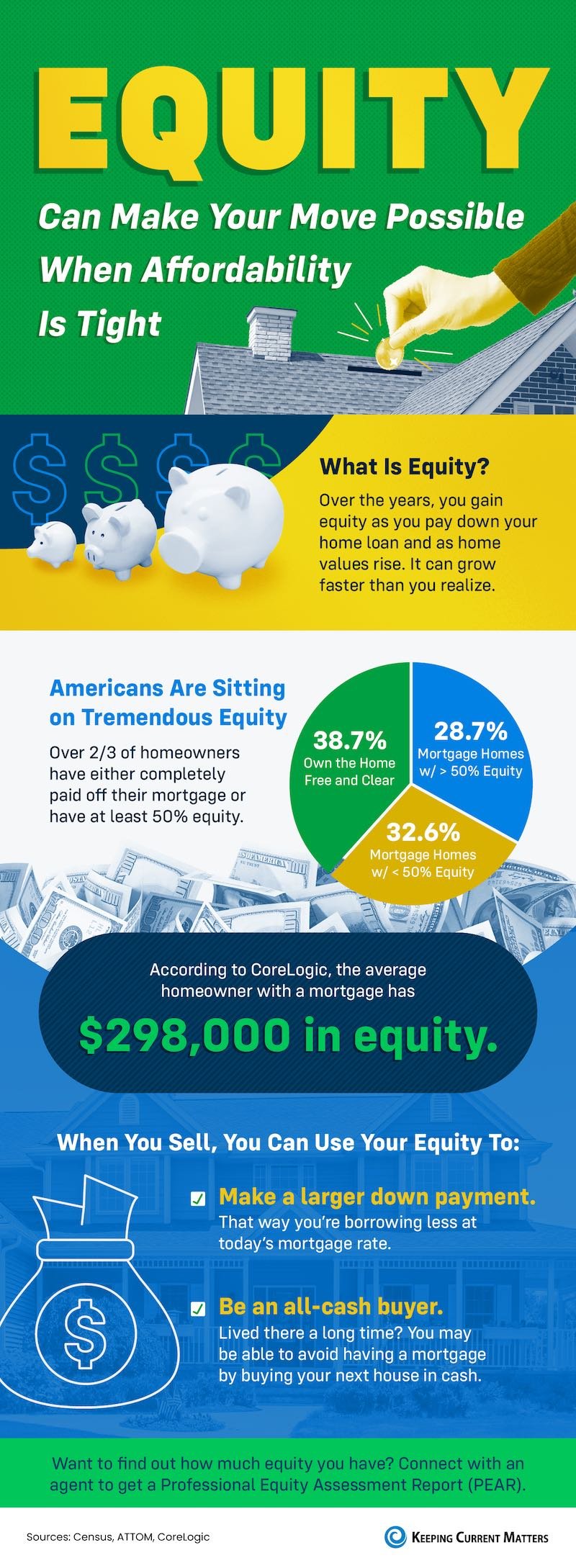Lobbying for change in your homeowners association’s rules requires procedure, compromise, and perhaps joining the board.
If you live in a newer suburban community or planned unit development, you're probably a member of a homeowners association. More than 74.1 million Americans live in homeowners associations, condominium communities, cooperatives, and other planned communities, according to Community Associations Institute. It’s also a good bet that you hadn't given your HOA much thought until you had a problem.
Since HOAs make and enforce the community rules, it’s smart to understand what you can do if you can’t or don’t want to follow them.
How an HOA Works
Each HOA, a volunteer group of neighbors who manage common areas and community property, creates its own covenants, conditions, and restrictions (CC&Rs). These CC&Rs cover subjects such as:
Resident behavior (no glass containers around the pool)
Architecture (no fences higher than eight feet)
Common responsibilities (fee schedules and fines for non-compliance)
The mean monthly dues for a homeowners association is $191, according to the U.S. Census Bureau American Housing Survey 2021. And there’s value in the fee.
Disputes With the Board Can Escalate
Some boards can impose what some homeowners believe are invasive, silly, or even inconsistent rules. Yahoo! News reported a situation in which a homeowner submitted a plan for four window when the other homeowners had eight windows. The board rejected the first plan she submitted, but approved the second one, which was for four windows.
After the homeowner installed the four windows, a dispute started between the homeowner and the board about who would pay to switch the number of windows back to eight. The homeowners ended up being fined thousands of dollars, and the board put a lien on her house, and threatened to foreclose. The homeowner then sued the board and won. But the board plans to appeal.
Steps to Take When You Don't Like the Rules
Even if you disagree with the rules, keep paying your dues. HOAs have broad legal powers to collect fines and fees and regulate activities. If you don’t respond to letters from the board, property manager, or a collection agency, the HOA can and will turn to small claims court or file a lien against your property.
You can handle some issues with a phone call. For example, adding recycling to the garbage collection route is a budget, not a rules, issue. Call the board member who oversees trash collection to find out if there’s leeway in the budget. If you want to do something that’s against the rules — like flying the American flag in your yard — start by:
Making a written request for variance, using the appropriate HOA form in your CC&R documents. A variance gives you permission to be the exception to the rule. Submit your request to the board and property management company.
Seeking a compromise: For example, you could request permission to fly the American flag only on national holidays.
Don’t Expect a Quick Solution
Some HOA boards meet as infrequently as twice a year. If the board decides the issue is worth pursuing, it may require a community vote. If it passes a majority, the board will adopt it. Board members also may consult the HOA attorney to see if there’s a legal liability if they rule against you.
If you don’t get a timely response, request a hearing and resubmit your request for variance with as much support for your cause as possible.
If the board rules against you without a community vote, you can appeal the ruling with a petition signed by a majority of other homeowners.
Fine Reality
If you fly your flag without permission, however, expect to be fined. Fines can range depending on the issue. Your CC&Rs will indicate the fine schedule — per day, per incident, etc. Interest for nonpayment can accrue, and the HOA can sue you in small claims court.
If you think the ruling or the fines are unjust, the last resort is to hire an attorney and sue the HOA.
Become the Rule-Maker
If you don’t like the rules, the best way to change them is to become part of the process.
Know your CC&Rs, annual budget, and employee contracts — Do you see areas where expenses can be cut? Are service providers doing their jobs?
Volunteer for a committee or task — If the board needs to enforce parking rules, for instance, you can volunteer to gather license plate numbers of residents’ vehicles. In addition, put your professional expertise to work: Assist the board with data entry, accounting, or website design.
Stand for election to the board — When a position becomes open, the board notifies the members, and you can put your name forward. New board members are elected at the annual meeting by member majority vote. Many boards are three to nine members large, with terms of one to two years.
Involvement Drawbacks
As a board member, be prepared to spend two to four hours a month:
Reviewing property management reports
Monitoring budgets
Talking to other board members and residents
Most boards meet quarterly; small boards meet only twice a year for a couple of hours.
Accept that you might become less popular if homeowners don’t like your decisions. In the worst case, you could be sued, along with the rest of the association.
Involvement Benefits
There are rewards. You’ll feel more in control of your community’s fate. You may find that some rules you didn’t support have merit after all. But most of all, you’ll know you’re doing all you can to protect your quality of life and your home’s value.
For the original article by BLANCHE EVANS visit Houselogic.com.














